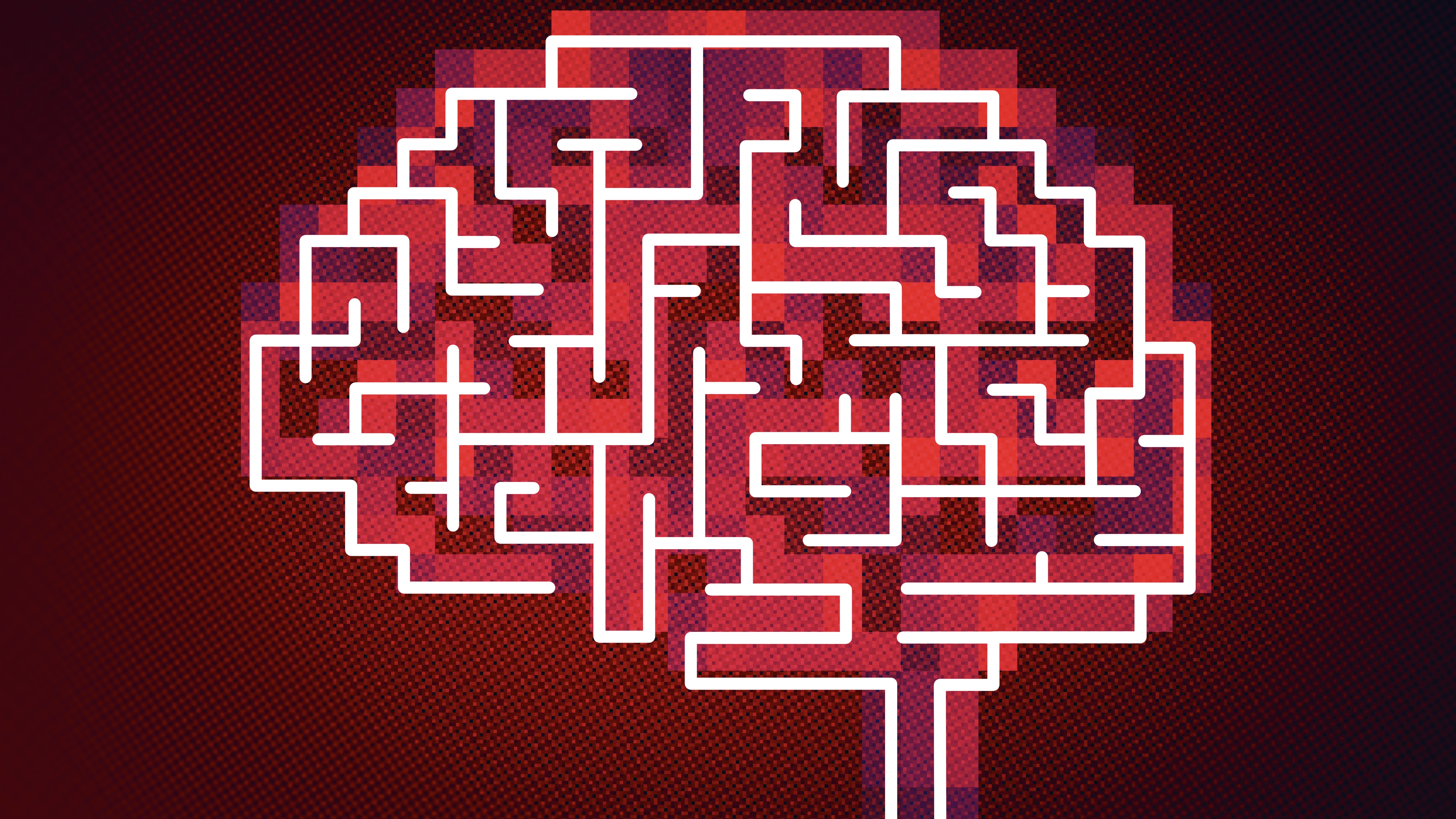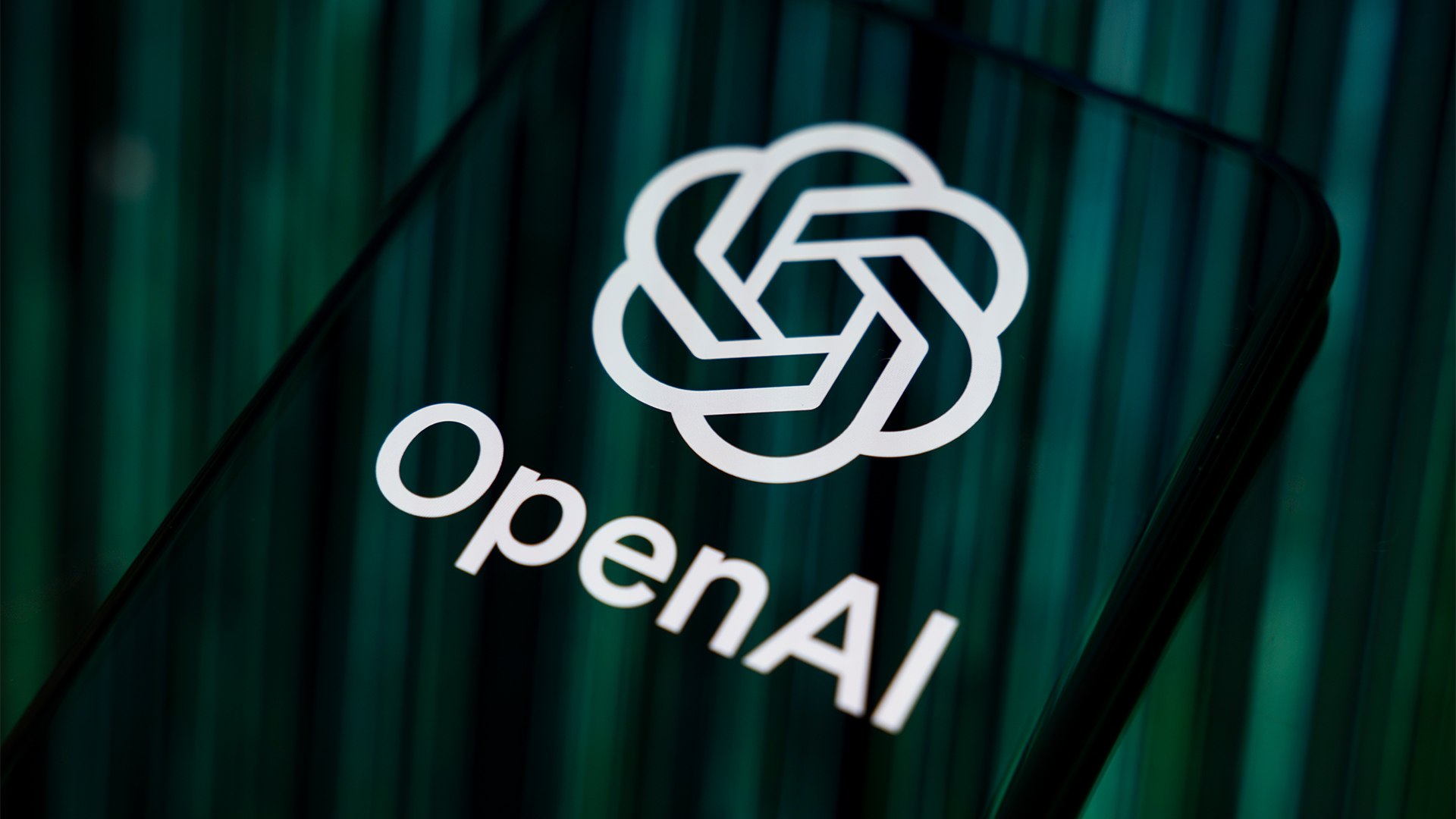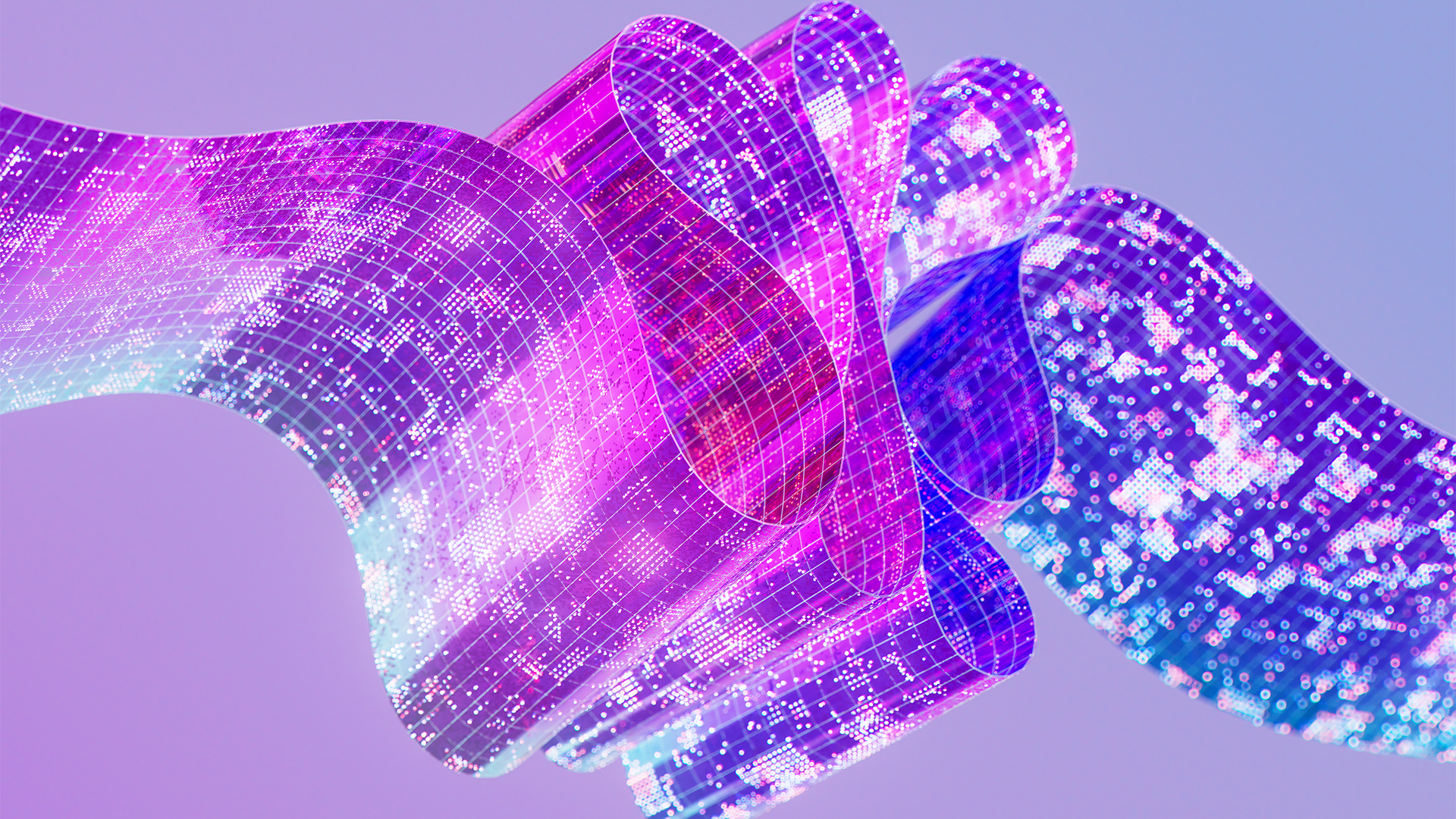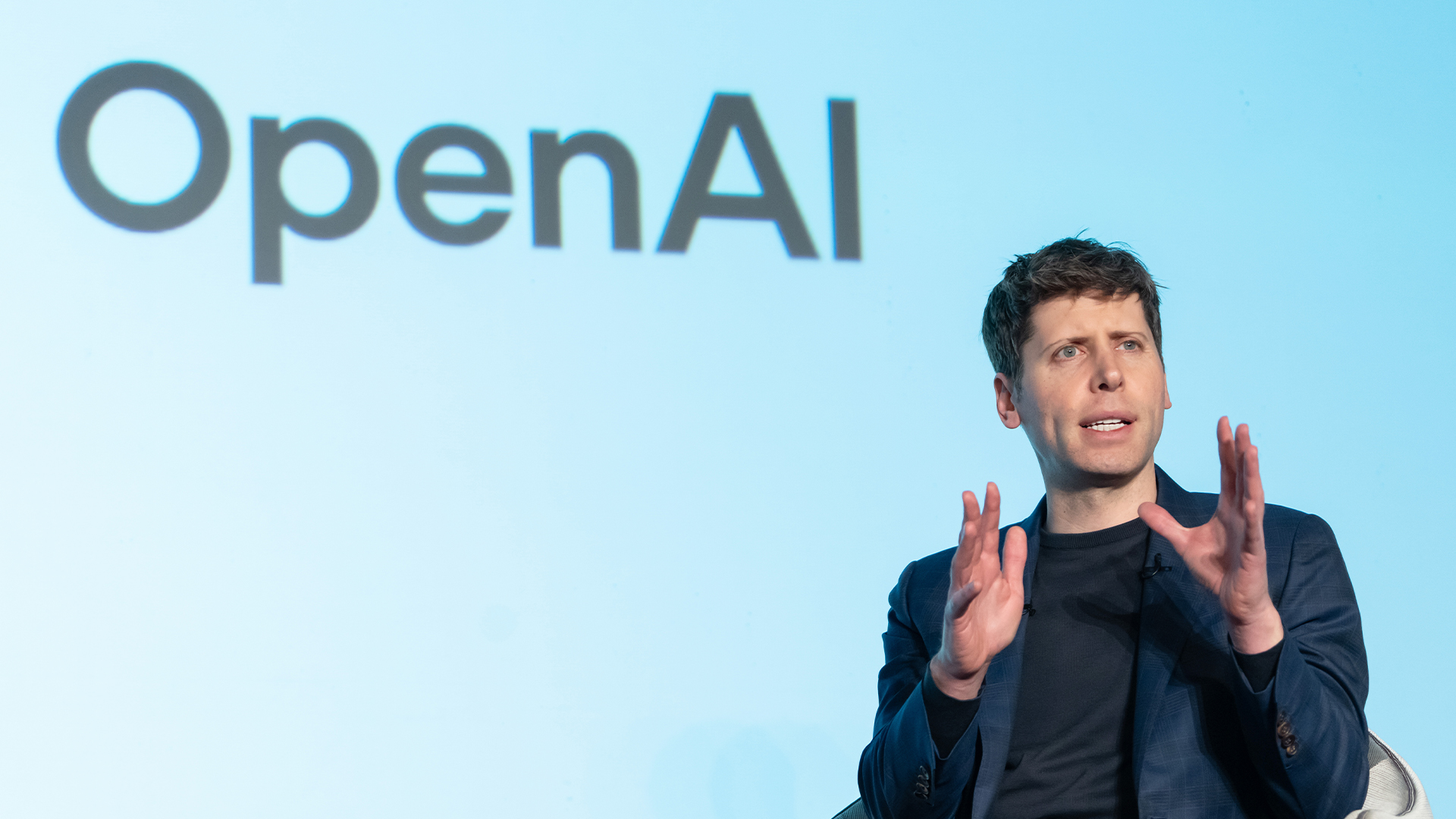OpenAI quietly unveils GPTBot dedicated web crawler
Website administrators have the power to prevent GPTBot from collecting information


OpenAI has quietly unveiled a way for website administrators to divert the company's web crawler from lifting, preventing it from lifting data.
The firm behind ChatGPT published instructions for turning off its web crawler on its online documentation. Members of the AI community spotted the addition on Monday but it has come without an official announcement.
GPTBot can be identified by the user agent token ‘GPTBot’. The full user-agent string is Mozilla/5.0 AppleWebKit/537.36 (KHTML, like Gecko; compatible; GPTBot/1.0; +https://openai.com/gptbot)
Stopping GPTBot from crawling a site requires adding it to the robots.txt file along with the parts of the site off-limits to the crawler. The same technique is used to stop crawlers, such as Googlebot, from accessing all or part of a domain.
The company also confirmed the IP address block used by the crawler. Rather than taking the robots.txt route, an administrator could simply block those addresses.
There is currently no way to remove data already added to training models - GPT-3.5 and 4 are based on models dated up to September 2021.
The approach taken by GPTBot requires users to essentially ‘opt-out’ of crawling, requiring a proactive measure on the part of website administrators. Data could be used in future models unless an admin specifically adds GPTBot to a site’s robots.txt file to stop the crawler.
Sign up today and you will receive a free copy of our Future Focus 2025 report - the leading guidance on AI, cybersecurity and other IT challenges as per 700+ senior executives
Some commentators have speculated that OpenAI’s move could permit the company to lobby for anti-scraping regulation or defend itself against future actions.
However, it would be unlikely that the data already collected would be exempt from the attention of lawmakers. GPT-4, for example, was launched in March 2023 based on data already added to training sets.
RELATED RESOURCE

Understand why AI/ML is crucial to cyber security, how it fits in, and its best use cases.
OpenAI has used other datasets to train its models, including Common Crawl. The CCBot crawler bot used to generate the data can also be blocked with lines of code in robots.txt. However, GPTBot represents a dedicated crawler for the company.
As well as being able to block the crawler, there are other possible uses for the detection of the GPTBot. One suggestion has been serving up different responses to OpenAI following the identification of the crawler.
Being able to direct OpenAI’s crawler to pages of deliberate misinformation could result in training datasets lacking accuracy.
OpenAI’s published intention for the crawler is for its AI models to become more accurate and feature improved capabilities and safety.
What is a crawler and why does OpenAI need one?
A web crawler is a bot that systematically works its way through the World Wide Web, collecting data as it does so
For a search engine such as Google, this information is used to build an index for query purposes. Other uses include archiving web pages.
The robots.txt file is used to request that crawler bots only index certain parts of a website or nothing at all. Omitting a crawler from this file will result in public-facing information being collected.
Large language models, such as OpenAI's, require training datasets to provide accurate responses to user queries. Web crawlers are an ideal method for generating these datasets. The Common Crawl bot, for example, seeks to provide a copy of the internet for research and analysis.
ITPro contacted OpenAI for comment.

Richard Speed is an expert in databases, DevOps and IT regulations and governance. He was previously a Staff Writer for ITPro, CloudPro and ChannelPro, before going freelance. He first joined Future in 2023 having worked as a reporter for The Register. He has also attended numerous domestic and international events, including Microsoft's Build and Ignite conferences and both US and EU KubeCons.
Prior to joining The Register, he spent a number of years working in IT in the pharmaceutical and financial sectors.
-
 Will autonomous robotics leap forward in 2026?
Will autonomous robotics leap forward in 2026?In-depth Connectivity and cost benefits remain barriers, despite breakthroughs in physical AI
-
 AWS and NTT Data team up to drive legacy IT modernization in Europe
AWS and NTT Data team up to drive legacy IT modernization in EuropeNews Partnership between AWS and NTT DATA aims to boost AWS European Sovereign Cloud capabilities
-
 ‘In the model race, it still trails’: Meta’s huge AI spending plans show it’s struggling to keep pace with OpenAI and Google – Mark Zuckerberg thinks the launch of agents that ‘really work’ will be the key
‘In the model race, it still trails’: Meta’s huge AI spending plans show it’s struggling to keep pace with OpenAI and Google – Mark Zuckerberg thinks the launch of agents that ‘really work’ will be the keyNews Meta CEO Mark Zuckerberg promises new models this year "will be good" as the tech giant looks to catch up in the AI race
-
 DeepSeek rocked Silicon Valley in January 2025 – one year on it looks set to shake things up again with a powerful new model release
DeepSeek rocked Silicon Valley in January 2025 – one year on it looks set to shake things up again with a powerful new model releaseAnalysis The Chinese AI company sent Silicon Valley into meltdown last year and it could rock the boat again with an upcoming model
-
 OpenAI says prompt injection attacks are a serious threat for AI browsers – and it’s a problem that’s ‘unlikely to ever be fully solved'
OpenAI says prompt injection attacks are a serious threat for AI browsers – and it’s a problem that’s ‘unlikely to ever be fully solved'News OpenAI details efforts to protect ChatGPT Atlas against prompt injection attacks
-
 OpenAI says GPT-5.2-Codex is its ‘most advanced agentic coding model yet’ – here’s what developers and cyber teams can expect
OpenAI says GPT-5.2-Codex is its ‘most advanced agentic coding model yet’ – here’s what developers and cyber teams can expectNews GPT-5.2 Codex is available immediately for paid ChatGPT users and API access will be rolled out in “coming weeks”
-
 OpenAI turns to red teamers to prevent malicious ChatGPT use as company warns future models could pose 'high' security risk
OpenAI turns to red teamers to prevent malicious ChatGPT use as company warns future models could pose 'high' security riskNews The ChatGPT maker wants to keep defenders ahead of attackers when it comes to AI security tools
-
 Some of the most popular open weight AI models show ‘profound susceptibility’ to jailbreak techniques
Some of the most popular open weight AI models show ‘profound susceptibility’ to jailbreak techniquesNews Open weight AI models from Meta, OpenAI, Google, and Mistral all showed serious flaws
-
 'It's slop': OpenAI co-founder Andrej Karpathy pours cold water on agentic AI hype – so your jobs are safe, at least for now
'It's slop': OpenAI co-founder Andrej Karpathy pours cold water on agentic AI hype – so your jobs are safe, at least for nowNews Despite the hype surrounding agentic AI, OpenAI co-founder Andrej Karpathy isn't convinced and says there's still a long way to go until the tech delivers real benefits.
-
 OpenAI signs another chip deal, this time with AMD
OpenAI signs another chip deal, this time with AMDnews AMD deal is worth billions, and follows a similar partnership with Nvidia last month